Study Design
Conducted in the fall of 2020, the study comprised four components:
2 focus groups
62 responses to an online questionnaire (20% of the total alumni population)
21 one-one-one interviews
25 alumni biospecimen samples
Comparisons are made throughout the analysis between the alumni questionnaire respondents (n=62) and a Waiʻ anae peer group (n=157). The Waiʻ anae peer group aligns closely with the alumni population across the key characteristics of age, gender, household income, and household size.
MAʻO Alumni survey project
The Dialogues alumni survey project is grounded in MAʻ O’s long-held practice of inquiry, reflection, and refinement. Over the past 20 years, we have witnessed that connecting youth to land generates health, sustainability, and resilience with and for the community. To learn more about these connections, in 2017 we started a collaborative learning journey with the Mauli Ola Study - an exploration of the longitudinal social and health impacts on YLT interns while they are on the farm. The working theory that emerged from this research is that MAʻ O’s holistic intervention changes interns’ health and eating behaviors and improves their health. This raised further questions:
Do the positive health and behavioral impacts of the YLT experience
persist for alumni after they leave the program?
If so, how does this manifest in their lives, families, and communities?
To address these questions, in 2020 we convened a team of evaluation experts and academic partners to inquire into post-program outcomes for YLT interns, and by extension the community. Expanding on our initial health-centric focus, we crafted a comprehensive alumni survey project. The resulting Dialogues has laid a kāhua (foundation) for our ongoing work to formalize and deepen our learning philosophy and practices, in service to youth outcomes.
FUTURE ANCESTORS
Situated at the center of the continuum between our moʻ okūʻ auhau and our
moʻ olelo, youth connect our past and future. As powerful agents of change, they are creating tangible examples of the possible, influencing their friends and family, and laying the foundation for transformational change.
key learnings
Analysis of the survey data and narratives affirms the core tenets of the YLT theory of change: youth can be empowered to grow into powerful agents of change, who create tangible examples of the possible for each other, their families, and their communities, thereby laying the foundation for intergenerational transformational change.
MAʻ O serves as an extension of ʻ ohana for participants, facilitating the transmission of knowledge, skills, and capacity.
Pilina (relationships) with one another, family, and ʻ āina are vital to helping youth to flourish.
YLT alumni have tremendous hope and aspirations for the well-being of their current and future ʻ ohana, often grounded in an articulation of cultural and community-centric values and a commitment to carrying forward a strong work ethic.
YLT youth exert an influence on their family members, thus amplifying the impact of the YLT program across social networks.
There is a complex interplay between youth’s experience in the YLT program and their structural, environmental, and familial context, which can impinge upon and/or bolster individual experiences and outcomes.


